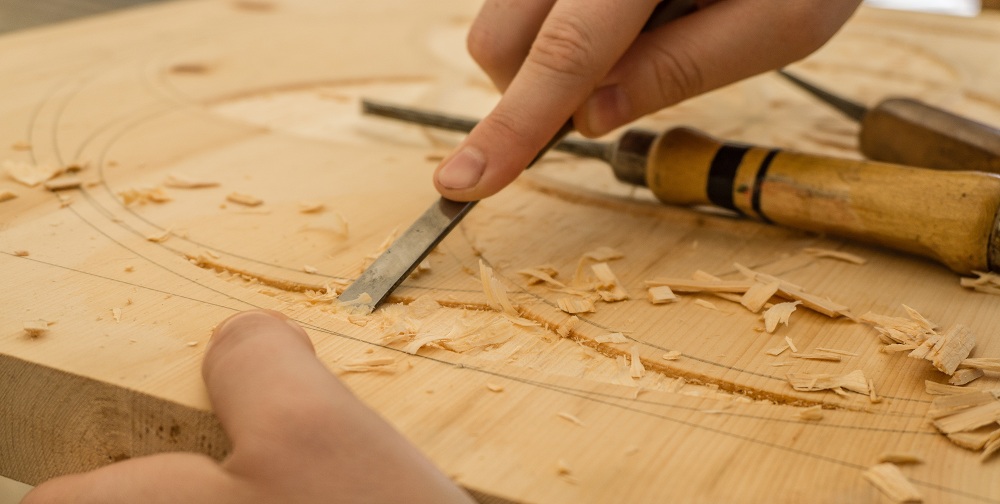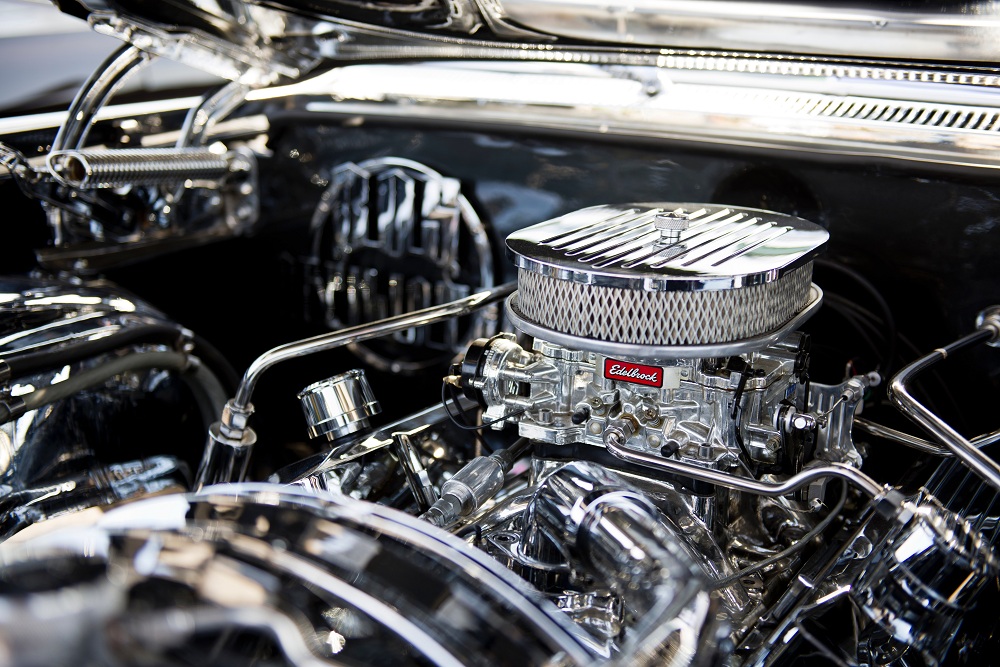- Starting a construction company requires research into legal requirements and licensing.
- Hiring the right staff is essential to ensuring projects’ safe and successful completion.
- Selecting the right tools and equipment ensures that projects are completed on time and up to code.
- Researching the industry, staying up-to-date with regulations, and remaining dedicated can help you create a successful construction company.
Starting a construction company is an exciting yet challenging venture. It requires hard work, dedication, and knowledge of the industry. While there are many rewards to starting your own business, it also comes with risks and responsibilities that you must be aware of before diving in.
To start a successful construction company, you will need to consider the following:
Legal Requirements and Licensing
When considering starting a construction business, the first step is to get familiar with the legal requirements for setting up your business in your state or province. This could include local regulations for setting up a business, such as registering with the state or getting a business license.
You may also need special licenses or permits depending on the work you plan on doing, such as electrical or plumbing. You must take the time to research these requirements before launching your construction company. Here are some of the basics licenses that you may need:
General Contractor License
The general contractor license is one of the most important licenses you will need to obtain to start your own construction company. This license allows you to bid on and manage projects, purchase supplies, and hire subcontractors. Depending on the state or province, additional requirements may exist, such as passing an exam or providing proof of experience in the field.
Electrical Certification
This certification is required for all electricians who will be doing work on the job. As the person responsible for ensuring electrical safety, acquiring an Electrical Installation Certificate (EIC) or Minor Electrical Installation Works Certificate (MEIWC) is essential—they provide you with confirmation that your newly installed, altered, or added elements are safe and ready to use. You must ensure that your electricians have all the necessary credentials and certifications to comply with local laws.
Plumbing Certification
A plumbing certification is also necessary for any plumbers you hire for your construction projects. This credential verifies their technical knowledge and industry experience so that they can install and repair gas, waste, and water pipe systems according to legal safety standards. Ask potential employees or subcontractors about their plumbing certifications before hiring them on a project.
Hiring Staff
As your construction company grows, it is likely necessary to hire additional staff to keep up with the service demand. When hiring staff, ensure that their skills and qualifications meet both the needs of your customers and any regulatory requirements for working in the industry; this means ensuring everyone has received appropriate safety training and any additional certifications required by law. Additionally, ensure you have clear policies regarding employee conduct and safety guidelines to help ensure everyone stays safe while on the job site. Here are the essential staff members you may need to hire:
Project Manager

A project manager is responsible for the day-to-day operations of your construction projects. They ensure that all tasks are completed on time, within budget, and up to code. Project managers also manage subcontractors, vendors, and other on-site employees.
Architects/Engineers
Architects and engineers provide the technical expertise to plan and design construction projects. They are responsible for creating blueprints and drawings outlining the scope of work to be done and ensuring that all building codes are met.
Construction Workers
Construction workers are responsible for completing jobs within set time frames and budgets. Depending on the size of the project, you may need to hire a variety of skilled trades workers, such as electricians and plumbers.
Choosing the Right Equipment for Your Projects
The right tools and equipment are essential for any construction job. Make sure to research the latest industry trends and find out what products your competitors are using to make sure you select the best equipment for each project. Here are some of the most common types of construction equipment:
Heavy Machinery

Heavy machinery is necessary for big projects, such as road construction or demolition. This includes bulldozers, backhoes, graders, and haul trucks. You may need to hire or purchase these machines to complete jobs successfully. A trained operator must operate them.
Generators
Portable generators are a must for powering tools and equipment at job sites that don’t have access to electricity. Diesel generators can provide the necessary power to run anything from welding machines to air compressors.
Mini Excavators
Mini excavators are versatile equipment used in various ways on construction sites. So, what is a mini excavator used for? Mini excavators can be used for digging trenches, foundations, and other small jobs. They are often easier to maneuver than traditional backhoes and can be used in tight spaces.
Overall, starting a construction company has its challenges. But with hard work, dedication, and the right knowledge, you can create a successful business that will provide services to customers for years to come.


